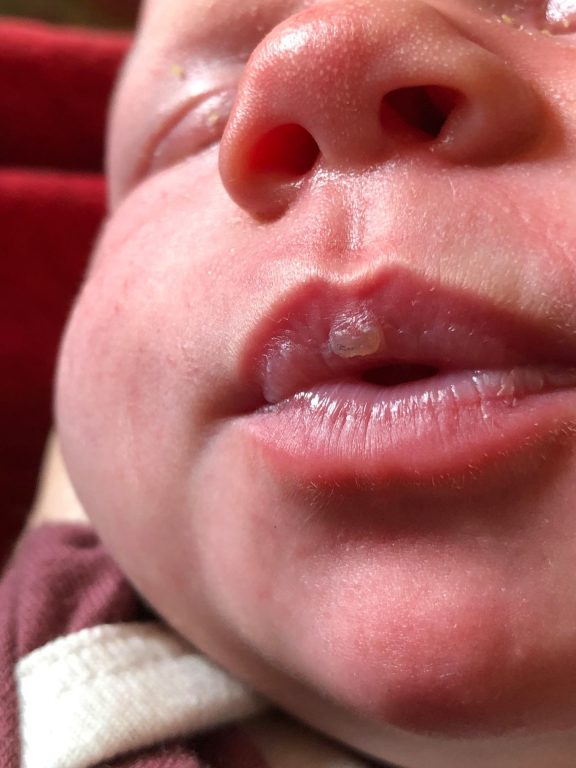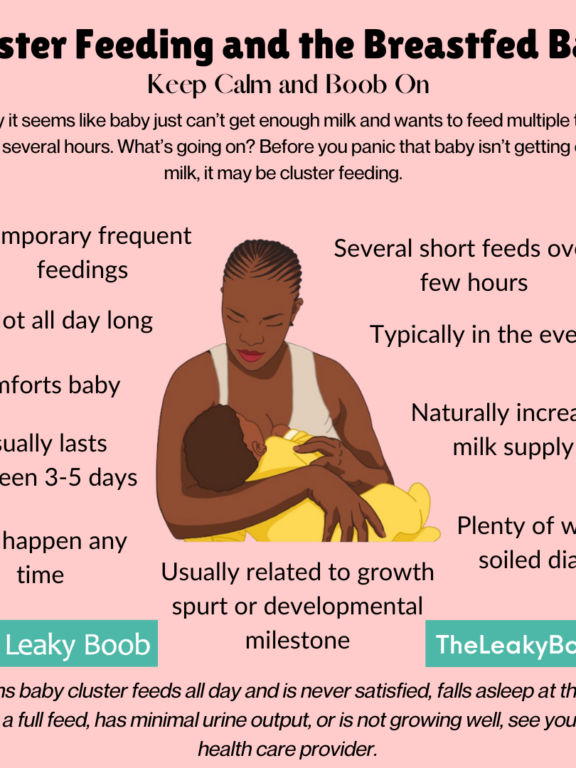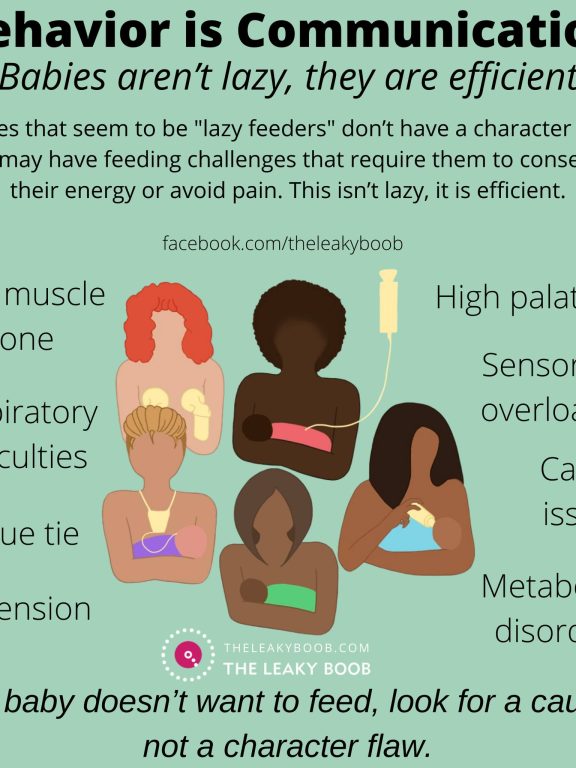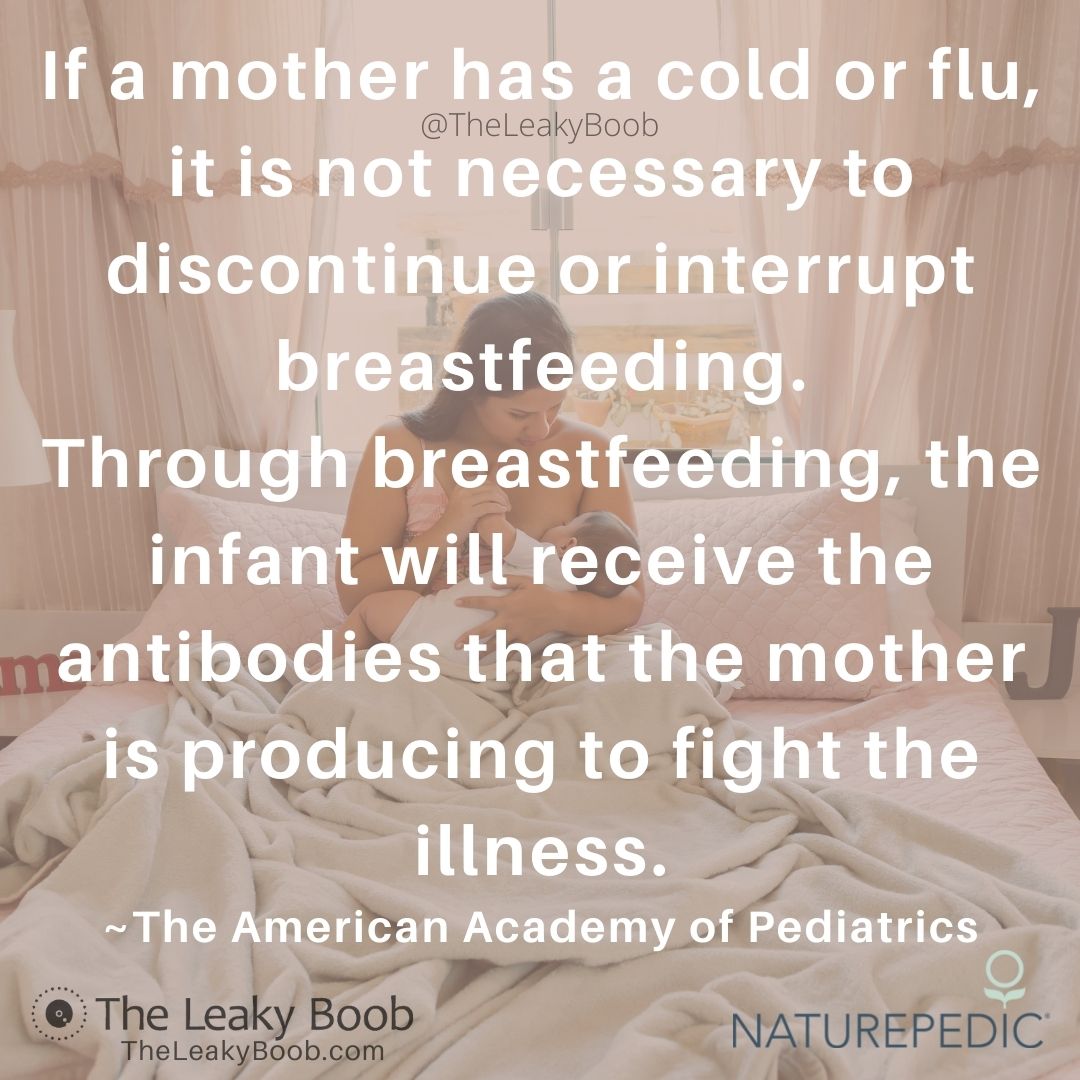When Breastfeeding Makes Your Skin Crawl
There is a condition that almost nobody talks about that makes women hate breastfeeding. It is a real thing.
If breastfeeding makes your skin crawl, you’re not alone. That’s what was happening for me in this selfie. I decided to document the moment and send it to my husband when I was struggling with intense breastfeeding aversion as I was feeding my toddler during her younger sister’s pregnancy.

Most don’t expect to have an aversion to breastfeeding. Even if the idea of breastfeeding makes them uncomfortable or they haven’t been exposed to breastfeeding, few imagine it being something that makes your skin crawl.
So for those that encounter negative feelings while breastfeeding or pumping such as irritation, anxiety, rage, restlessness, a compulsion to escape, and physical itchiness, it can be quite surprising and disheartening. This is called breastfeeding aversion and agitation (BAA) or nursing aversion (NA). BAA/NA can be intense and quite isolating, triggering feelings of guilt and shame that make it difficult to talk about, further isolating the sufferer. BAA/NA can happen at any time in the breastfeeding journey, further compounding the sense of guilt or shame that may follow if the parent enjoyed breastfeeding at one point only to have it become almost unbearable later. Please note: BAA/NA is negative feelings while breastfeeding or pumping rather than toward breastfeeding or pumping when not breastfeeding or pumping.
I’m one of those parents that has struggled with breastfeeding aversion and agitation. Which is why I’m talking about it.
Picture this:
A rosy cheeked little one, happy to see you, ready for your breast. You’re lounging comfortably in a lovely nursing pajama set, your hair the perfect combination of casual messy put together. Everything is serene and the bond being forged is palpable. Oxytocin flowing through both you and your baby, you’re composed, centered, and calm while your baby is relaxed and satiated.
It is a beautiful picture.
Reality is often far from that picture, despite what so many images on social media depict. For new parents, serene is about as rare as a unicorn. However, at least some element of the relaxed oxytocin rich state of calm and bonding is usually present.
For those experiencing nursing aversion though, that may be far from the case. Their reality is negative feelings with breastfeeding that stop after the breastfeeding session. This understudied phenomenon can be quite confusing for both health care providers and parents. It is important to note that experiencing breastfeeding aversion and agitation/nursing aversion doesn’t make the sufferer a bad parent, BAA/NA is outside of their control, and this is not their fault. In fact, it can be heartbreaking and so confusing and parents experiencing BAA/NA need support and empathy, not judgment or criticism.
What is breastfeeding aversion and agitation/nursing aversion?
While there is much that isn’t known regarding BAA/NA, these tend to be common amongst those who experience it:
- Strong negative feelings when baby is latched to the breast or during pumping.
- Emotions such as anger, rage, anxiety, impatience, desperation, irritation, restlessness, discomfort, pain, tension, feeling trapped and wanting to escape, feeling “touched out,” and a strong desire to unlatch the baby are some possibilities.
- Physical symptoms may include restless leg syndrome at night, itchiness, elevated heart rate, sweating, sensitivity to loud sounds and bright light, a sense of skin crawling, pain, and discomfort.
- An urge to stop breastfeeding but wanting to continue breastfeeding.
- The negative feelings abate at the end of the breastfeeding/pumping session.
These symptoms may be consistent through every feed or only happen some of the time. Some find that there are certain times of the day that are more difficult than others (i.e. the feelings may be stronger at night than during the day) or after something else has happened such as conflict with a partner.
From breastfeedingaversion.com “Breastfeeding / Nursing Aversion & Agitation (BAA) is a phenomenon whereby breastfeeding / pumping mothers experience negative emotions triggered whilst breastfeeding, these include anger, rage, agitation and irritability.”
For some, the aversion can be so intense that they stop breastfeeding for their mental health and their relationship with their child. In those cases, weaning gently rather than cold turkey is recommended. If you would like information on weaning gently, see here.
What increases the risk of BAA/NA?
Much of what we know about BAA/NA is anecdotal but that doesn’t mean it should be discounted. Over the years that I’ve been supporting families in their baby feeding journeys as well as my own personal experience breastfeeding 7 babies, there are some common triggers.
- Menstruation/ovulation.
- Breastfeeding while pregnant.
- Tandem feeding an older child, such as a toddler, and a new baby.
- A history of sexual abuse.
- A history of trauma.
- Stress, particularly stress from being the primary caregiver but ANY stress can be a trigger.
- Postpartum mood disorders.
- Dehydration.
- Sleep deprivation.
- Neuro divergence.
- Sensory sensitivity.
- Isolation/loneliness.
- Need for alone time.
- Nutritional need.
- Vitamin deficiency.
Figuring out what may be causing BAA/NA may take time and self-awareness if the reason is not immediately evident. The one going through it may be too close to the situation to identify the cause and may benefit from talking with someone else about their feelings and trying to pinpoint the underlying cause. It is worth taking that time and effort in order to have some understanding and to begin to take some steps to try and relieve the aversion.
Going through breastfeeding aversion and agitation can truly undermine one’s confidence in their parenting. So much is said about how beautiful and bonding breastfeeding is that little is said about a negative experience that is filled with such conflicting feelings. If you identify with any of this, you are not broken, you are not a failure, you are not a bad parent. There may be steps you can take to help relieve or at least lessen the negative feelings and help you go on to reach your breastfeeding goals.










